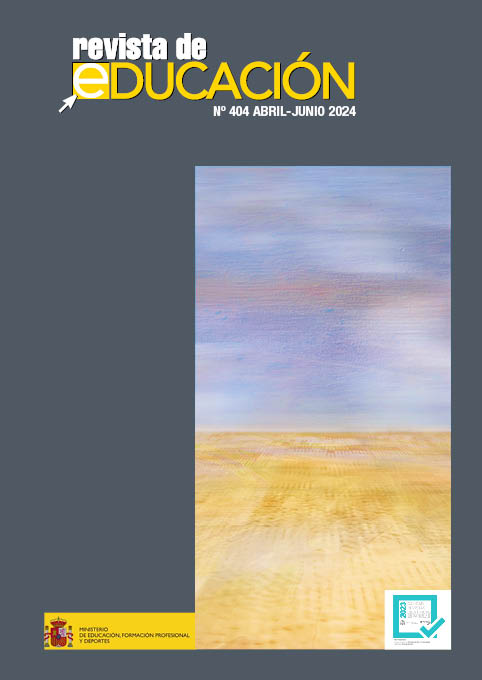Are student evaluations of university teaching biased?
Main Article Content
Abstract
Questionnaires that use students as a source of information to evaluate university teaching are a common tool in university evaluation systems. The university professors often question them by alluding to the possibility that students may make biased judgments, linked to teaching traits or events that are not related to the fair assessment of teaching activity.The main objective of this work is to examine the relationships between the characteristics of students and professors and the scores on the teaching evaluation questionnaire applied to students at the Complutense University of Madrid, in order to detect possible biased patterns in relation to the evaluation they offer of their professors.A hierarchical linear cross-classification model was used, with two levels, the first level being the students and the second the professors. The sample of this work is composed 143,377 surveys, answered by 33,071 students which involved the evaluation of 7,885 teaching activities and 3922 professors in the 2016-17 academic year.
The results show that the students' evaluations of the professors are mainly influenced by their interest in the subject, the age of the students and professors and, to a lesser extent, attendance, hours of study and research quality. It should be noted that the type of undergraduate or master's degree studies, the student's academic performance, and the professor's job category are not related to the teaching evaluations.After this analysis of the results, it is not possible to affirm the existence of invalidating biases derived from the use of the questionnaires for the evaluation of university teaching answered by the students.
Key words: Teacher evaluation; Higher Education, Student Evaluation of Teaching, Quality of Teaching; Questionnaires; Hierarchical Linear Modeling; Bias.

